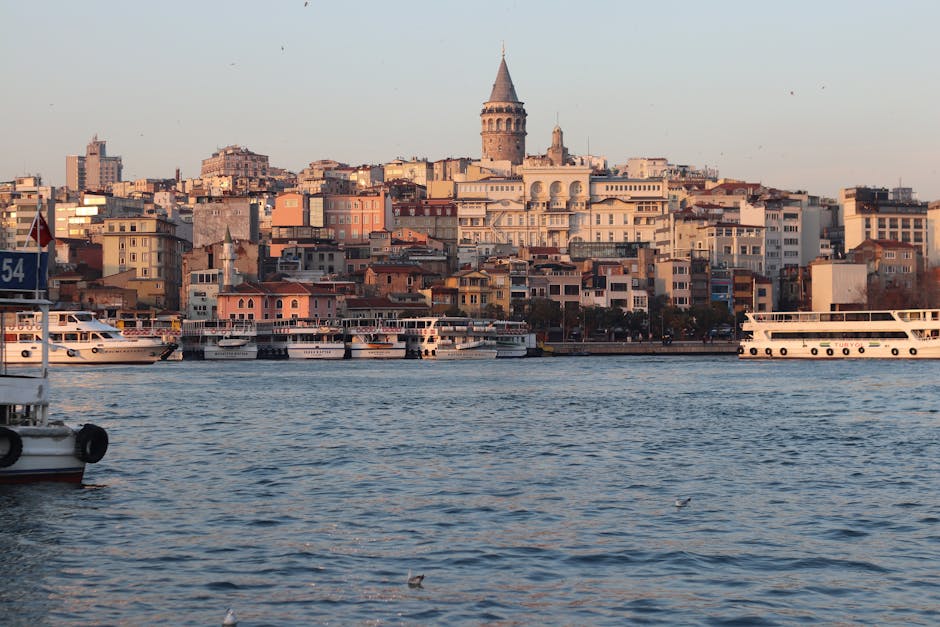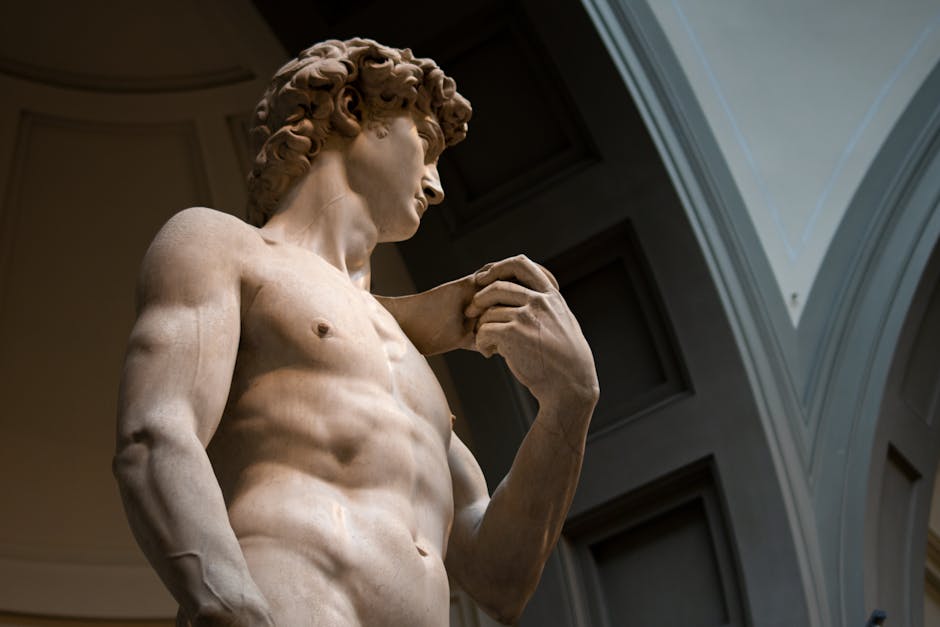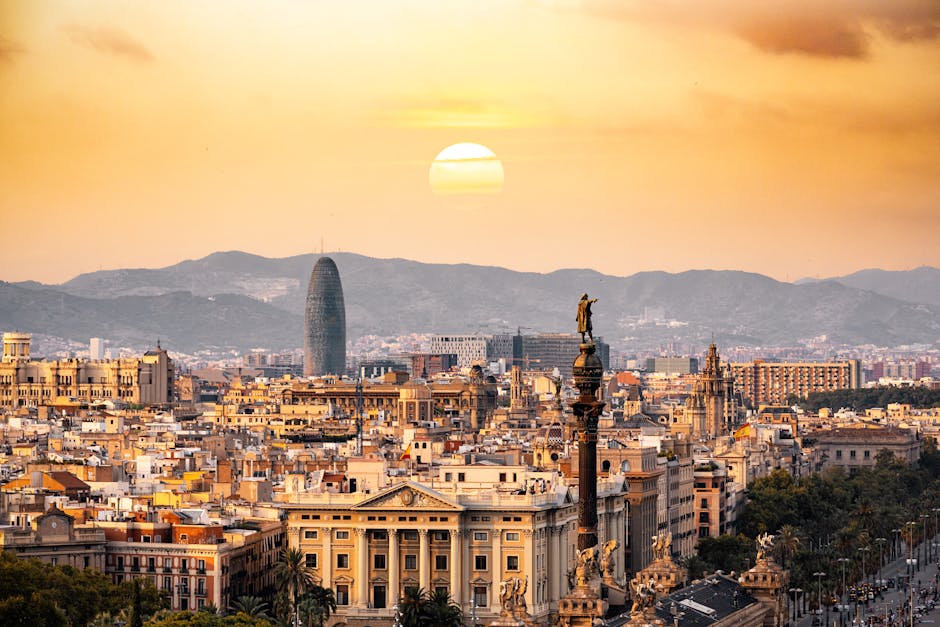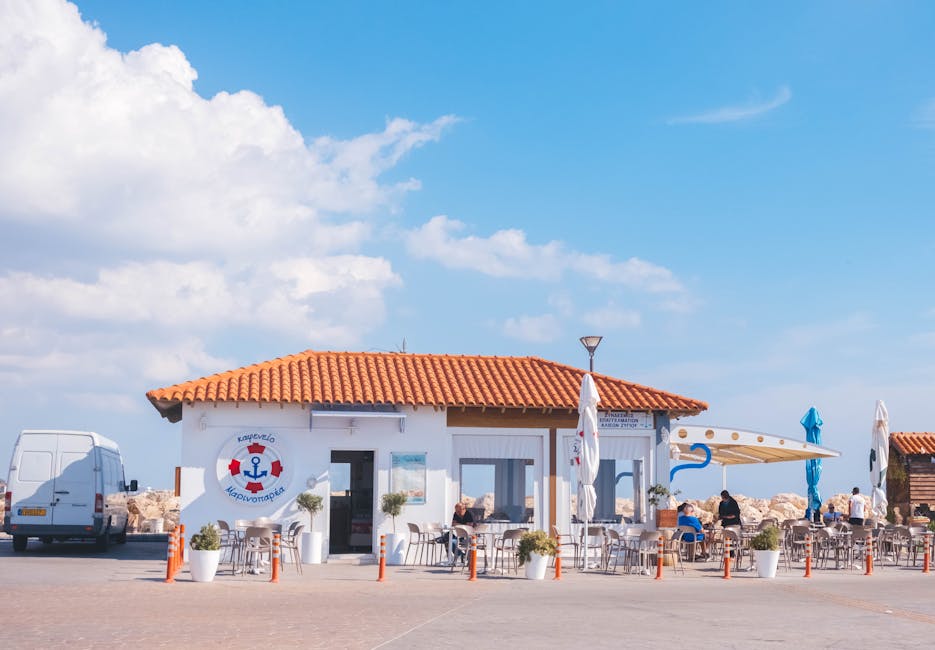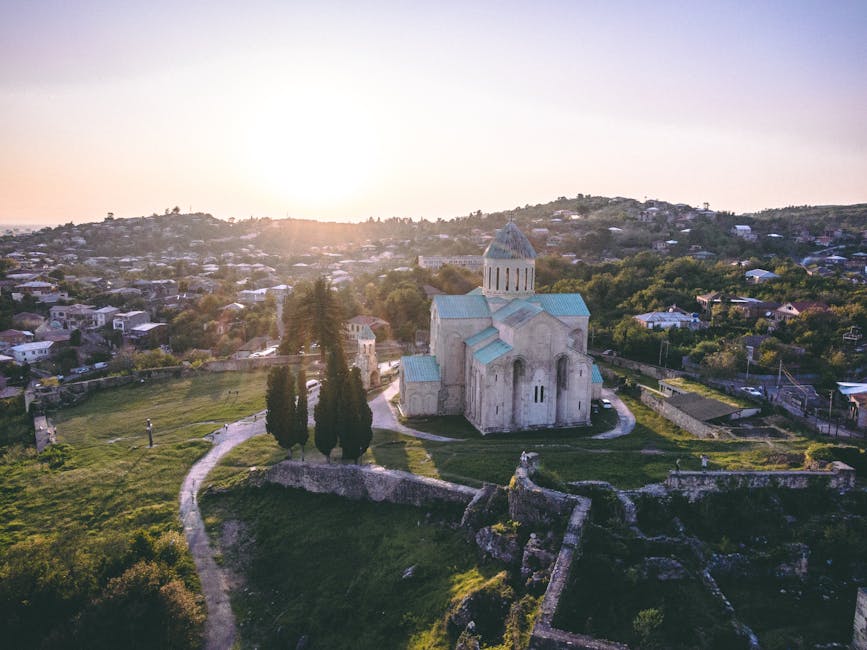Turkey
Overview
Turkey: A Crossroads of Cultures
Turkey is a country rich in history, culture, and natural beauty, sitting at the crossroads of Europe and Asia. It's a unique blend of Eastern and Western cultures, which is reflected in its diverse food, music, and architecture. The country is known for its hospitality, with locals always ready to share a cup of traditional Turkish tea or coffee. The landscape is equally diverse, ranging from the sun-soaked Mediterranean and Aegean coastlines to the bustling metropolis of Istanbul, the fairy-tale landscapes of Cappadocia, and the ancient ruins of Ephesus.
Tourism Season in Turkey
The high season for tourism in Turkey runs from late spring to early autumn, typically from April to mid-October. The weather during this time is generally warm and sunny, perfect for exploring the beaches, ancient ruins, or enjoying a cruise along the Bosphorus. Popular activities include hot air ballooning in Cappadocia, exploring the rich history of Istanbul with its churches, mosques, and palaces, and lounging on the beautiful beaches of the Turkish Riviera. Foodies will also enjoy the country's vibrant food scene, which boasts a myriad of regional specialties from savory kebabs to sweet baklava.
Travel Tips for Visiting Turkey
Before traveling to Turkey, there are a few key things to prepare. First and foremost, check the visa requirements for your country. Many nationalities can obtain an e-Visa online prior to arrival. Ensure your passport is valid for at least six months beyond your planned departure date from Turkey. It's also recommended to check travel advisories and get travel insurance. Don't forget to pack suitable clothing. While Turkey is a modern country, it is also predominantly Muslim, so it's respectful to dress modestly, especially when visiting religious sites. Lastly, learn a few basic Turkish phrases; although English is widely spoken in tourist areas, a little Turkish will go a long way in making your trip more enjoyable.
A Glimpse into the Past
Turkey, a country that straddles two continents, boasts a rich tapestry of history that dates back to ancient times. Its unique position at the crossroads of Europe and Asia has made it a melting pot of cultures, empires, and religions. Travelers can explore a vast array of historical sites, each telling a story of the past that shaped the present.
One of the most significant periods in Turkish history is the era of the Hittites, an ancient civilization that thrived in Anatolia around 1600 BC. The Hittites are known for their advanced society, including a sophisticated legal system and impressive architecture. Visitors can explore the ancient city of Hattusa, the Hittite capital, which features remarkable stone walls, temples, and the famous Lion Gate, showcasing the ingenuity of this early civilization.
As history progressed, Turkey became home to various empires, most notably the Roman Empire and the Byzantine Empire. The city of Constantinople, now known as Istanbul, served as the capital of the Byzantine Empire. This city was a significant hub for trade and culture, and its architectural marvels, such as the Hagia Sophia, reflect its historical grandeur. Originally built as a cathedral in 537 AD, the Hagia Sophia was later converted into a mosque and now serves as a museum, symbolizing the city’s rich and diverse heritage.
Following the Byzantine period, the Ottoman Empire emerged in the late 13th century and became one of the most powerful empires in history. The Ottomans expanded their territory across Europe, Asia, and Africa. Topkapi Palace, located in Istanbul, was the administrative center of the Ottoman Empire and the residence of sultans for centuries. The palace complex features opulent rooms, beautiful gardens, and stunning views of the Bosphorus, offering a glimpse into the lavish lifestyle of the Ottoman elite.
An essential part of Turkey’s historical narrative is the Gallipoli Campaign during World War I, where Turkish forces defended their homeland against Allied troops. The campaign holds a significant place in Turkish national consciousness and is commemorated at sites like Anzac Cove and the Gallipoli Peninsula. Travelers can visit memorials and cemeteries that honor the soldiers who fought bravely during this critical period.
Turkish history is also marked by the rise of Mustafa Kemal Atatürk, the founder of the Republic of Turkey in 1923. Atatürk implemented sweeping reforms aimed at modernizing the country, including secularizing education and promoting women's rights. His mausoleum, Anıtkabir, located in Ankara, serves as a national monument and a pilgrimage site for many Turks, reflecting his enduring legacy.
In addition to these historical landmarks, Turkey is home to some of the most stunning archaeological sites in the world. The ancient city of Ephesus, once a major trade center, boasts well-preserved ruins, including the Library of Celsus and the Great Theatre. Walking through Ephesus, travelers can imagine the vibrancy of ancient Roman life, as the site was bustling with merchants, philosophers, and citizens in its heyday.
Another remarkable site is Cappadocia, known for its unique rock formations and underground cities. The region's historical significance dates back to the Hittites, who carved homes and places of worship into the soft volcanic rock. The Göreme Open-Air Museum features ancient cave churches adorned with frescoes dating back to the Byzantine era, showcasing the fusion of art and spirituality.
The Silk Road, which traversed Turkey, played a crucial role in connecting the East and West for centuries. Travelers can explore towns like Konya, the home of the Sufi mystic Rumi, and visit the Mevlana Museum, which houses the tomb of this influential poet and philosopher. The city is a center for Sufism, attracting pilgrims and tourists interested in its spiritual heritage.
In the south, Antalya offers a different glimpse into Turkey's history with its Roman ruins, such as the Hadrian's Gate and the ancient city of Perge. The stunning coastline along the Mediterranean, combined with the historical sites, makes Antalya a popular destination for travelers seeking both relaxation and exploration.
The Aegean region also holds treasures like the ancient city of Troy, made famous by Homer’s epic tales. The archaeological site, believed to be the location of the legendary Trojan War, includes remains of multiple ancient cities built on top of one another. Visitors can see the iconic Troy Horse replica and walk through the ruins that have fascinated historians and travelers alike.
Turkey is also known for its remarkable Roman theatres scattered across the country, such as the well-preserved theatre in Aspendos. These theatres showcase the architectural brilliance of the Romans and continue to host performances, allowing visitors to experience the acoustics and grandeur of ancient entertainment venues.
The fusion of cultures is evident in Turkey's diverse cuisine, which reflects its historical influences from the Mediterranean, Middle East, and Central Asia. Travelers should indulge in local delicacies such as Kebabs, Börek, and Baklava while sipping on Turkish tea or Rakı. Culinary experiences can further enhance the understanding of Turkey’s rich history and cultural diversity.
Lastly, no visit to Turkey would be complete without experiencing the vibrant markets, particularly the Grand Bazaar in Istanbul. This labyrinth of shops and stalls is a testament to the historical significance of trade in Turkey and provides travelers with an opportunity to purchase unique souvenirs, from spices to handmade crafts.
In conclusion, Turkey's history is a captivating blend of ancient civilizations, empires, and cultural exchanges. With its plethora of historical sites, archaeological wonders, and rich traditions, Turkey offers travelers an unparalleled journey through time, making it a remarkable destination for history enthusiasts and adventurers alike.
Top cities for tourists in Turkey
Discover the Famous Cities That Might Captivate Your Interests
Must-Try Foods You Can't Afford to Miss
Indulge in a Variety of Fantastic Foods During Your Stay in Turkey
May Be Your Next Destinations
People often choose these countries as their next destination



